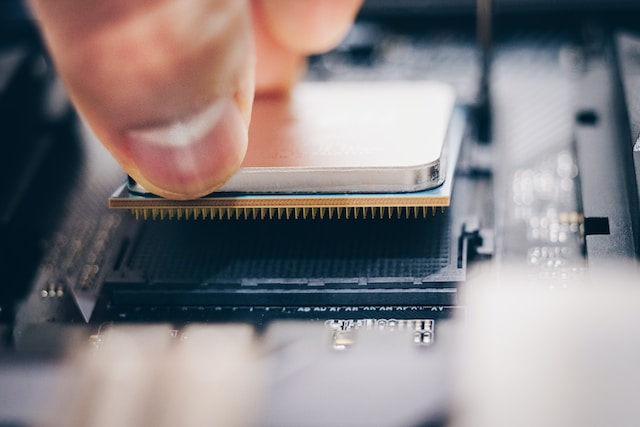Today’s appliances and electronics, including washing machines, thermostats, televisions, refrigerators, video games, and smart meters are programmed to transmit information over the Internet to data networks, manufacturers, utilities, and more. That hackers are now able to hack cell phones, commandeer vehicles, or steal information from banks, retailers, and even federal agencies doesn’t instill confidence that smart homes will be any different. In the book “Technocracy Rising: The Trojan Horse of Global Transformation“, Patrick M. Wood warns of a possible “scientific dictatorship” in which smart homes serve as the ultimate Trojan Horses.
Smart Home Industry Emphasizing New Lifestyles
IndustryTap has reported on Dojo Labs new cybersecurity device that safeguards household networks and devices connected to them. While Dojo and other smart home devices look promising in terms of making our use of resources at home more efficient and less expensive, cybersecurity experts tell us we should be worried. For example, James Clapper, US Director of National Intelligence, who heads 16 federal spy agencies, admitted in testimony before Congress that the government may use information transmitted from the Internet of Things against private citizens.
Whether the technology is ready for prime time or not, money and attention of big companies from a wide range of industries is now focused on capitalizing on smart home devices and software. For example, Coldwell Banker, a staid and conservative financial company, shared some of its ideas for the Smart home at the 2016 Consumer Electronics Show (CES). In other words, every business wants a piece of the action. That smart home technology is being marketed as a way to increase the value of your property is just more smoke and mirrors marketing.
Apple now offers the HomeKit which it says will securely control your home from the palm of your hand. HomeKit controls all of your home products, whatever they may be, using smart phone apps. According to Apple, privacy is built into the home kit with encrypted data. Users can set lights, thermostat, electric kettles, shades, air conditioners, heating, you name it, with programmed settings that can be turned on or off with the push of one button.
Smart Home Adoption Rates
All this said, it appears the thirst for convenience will win out and the security problems will be left for cleanup later. Check out the following infographic by ERA Real Estate and HGTV: “Who’s Inviting Smart Tech Into Their Homes?”





